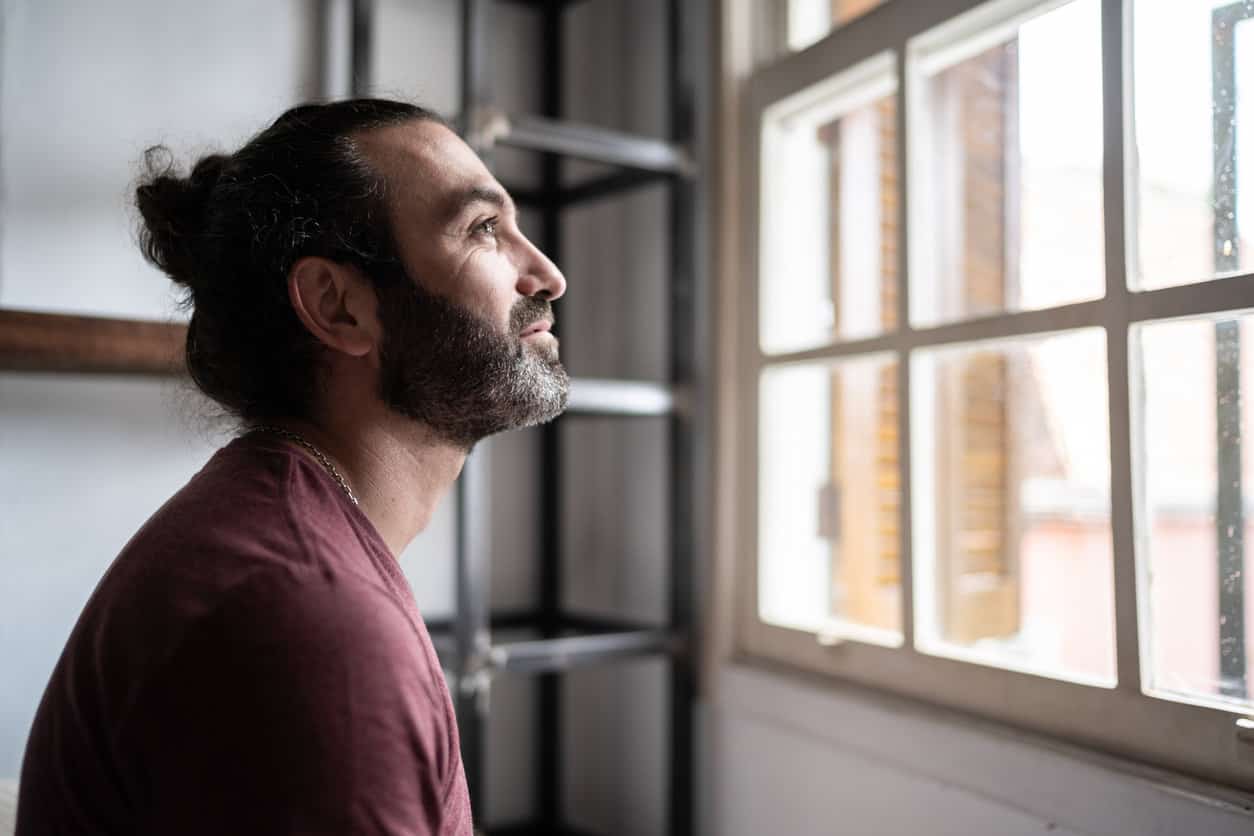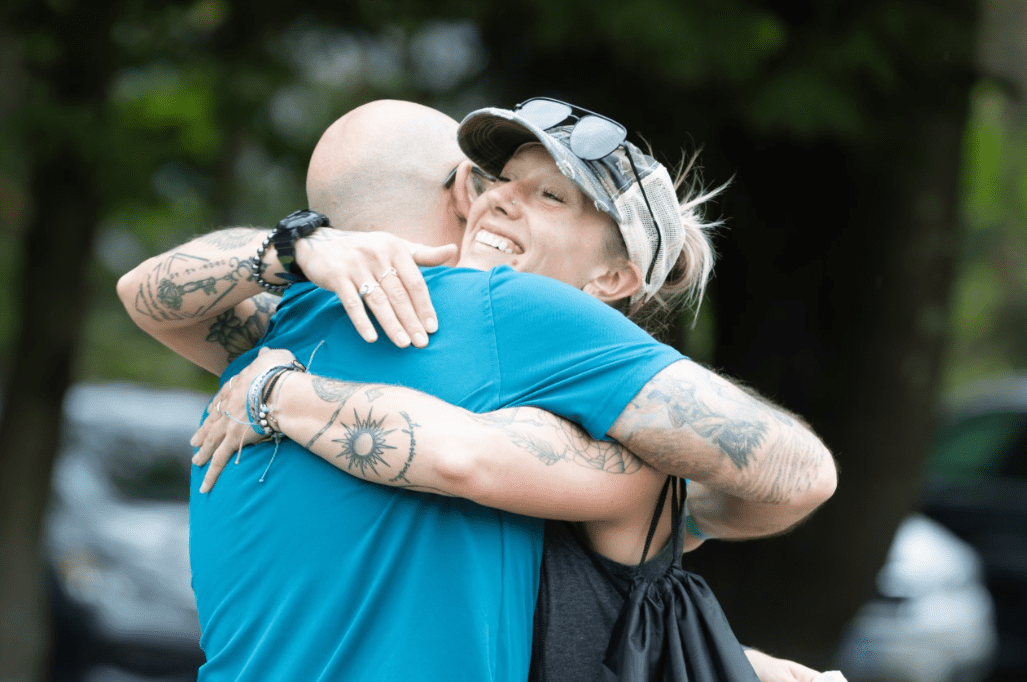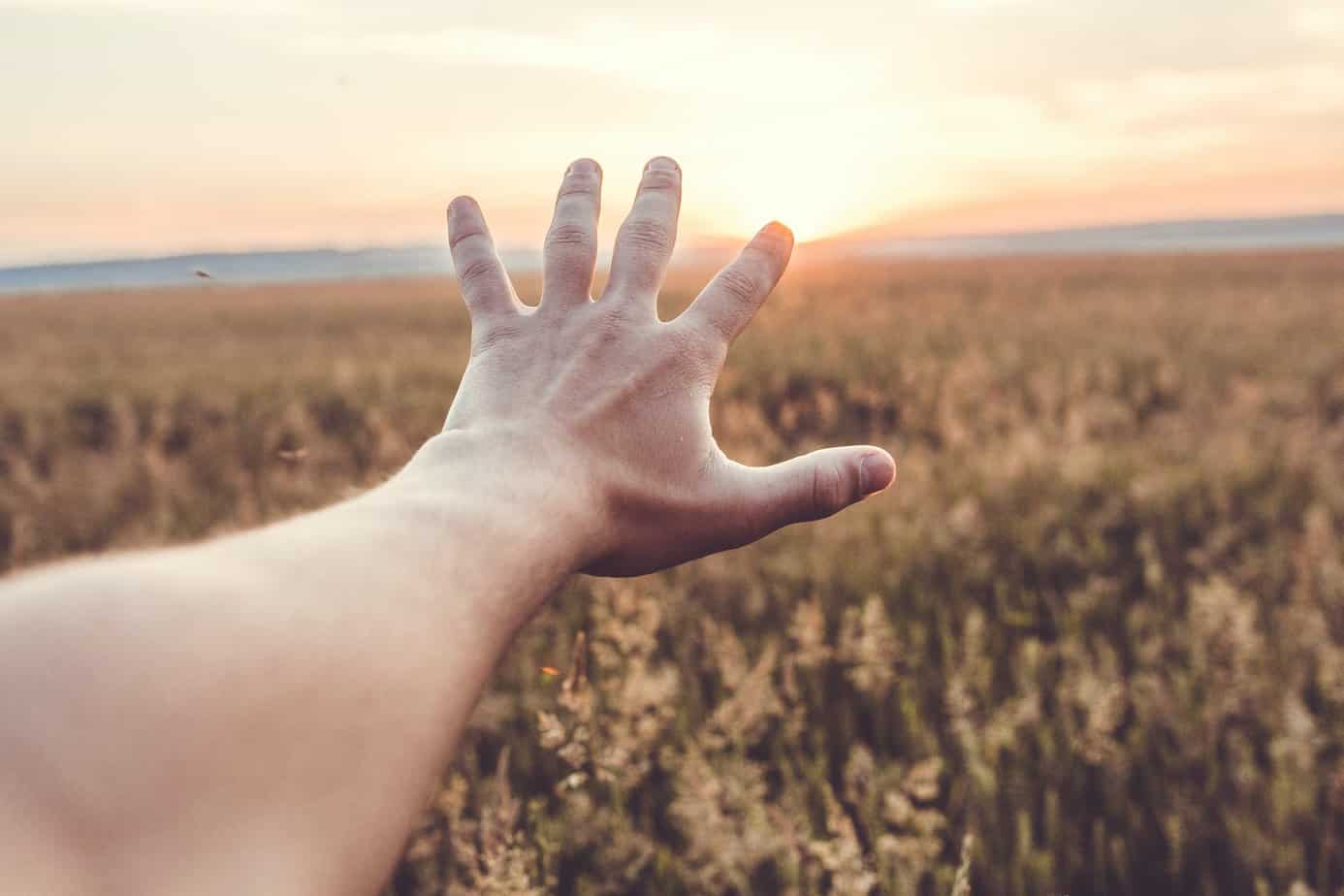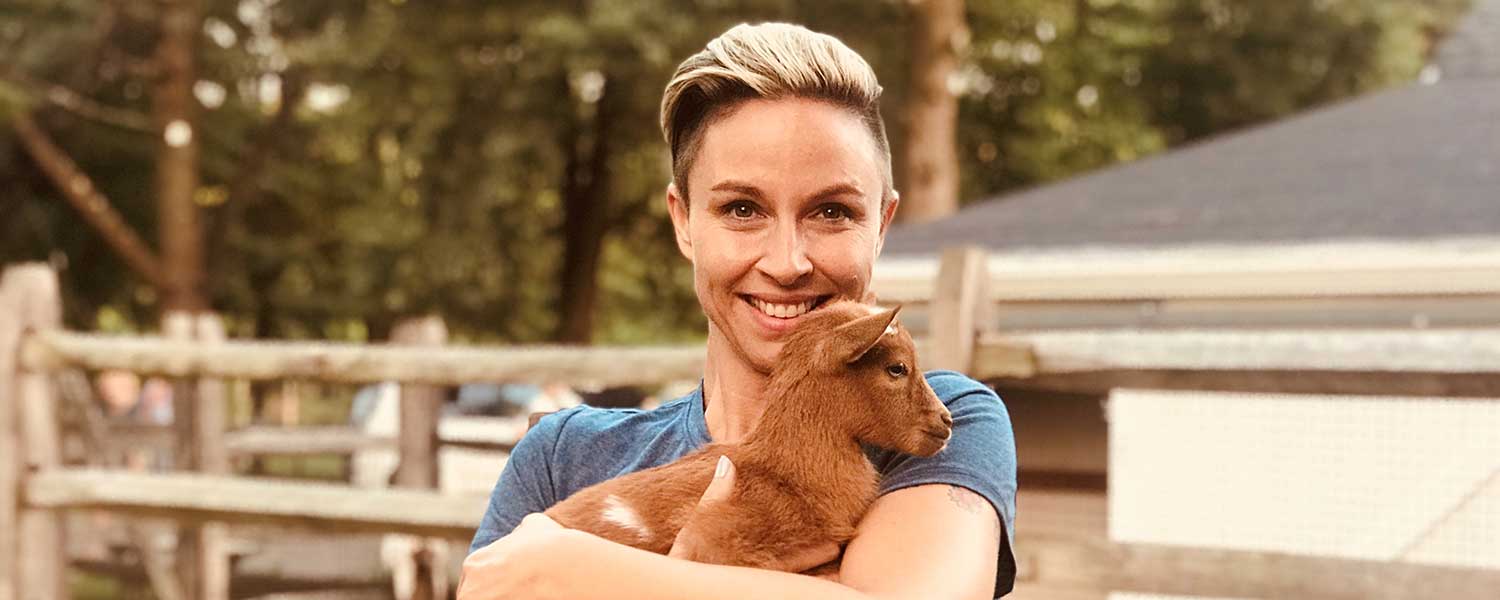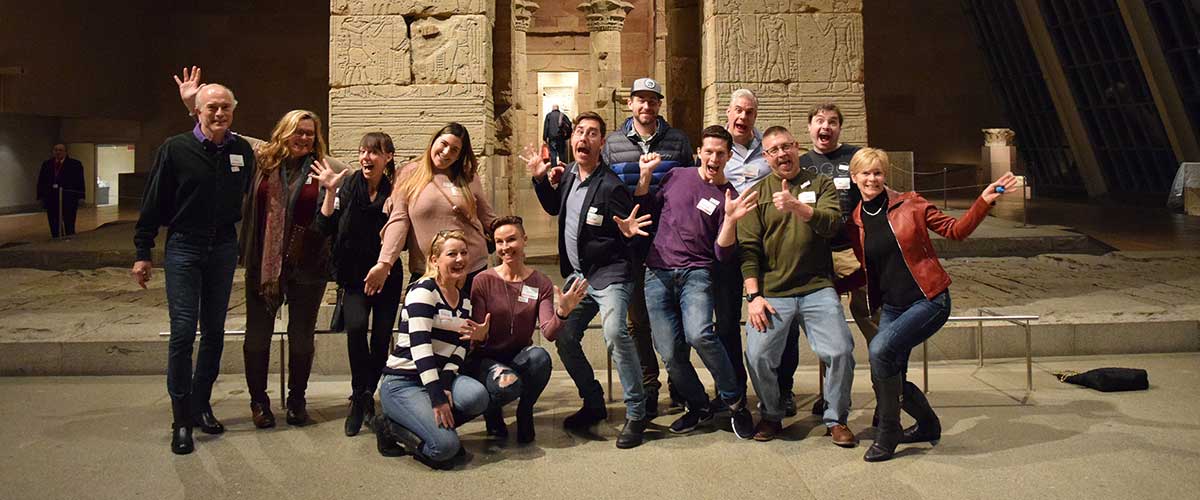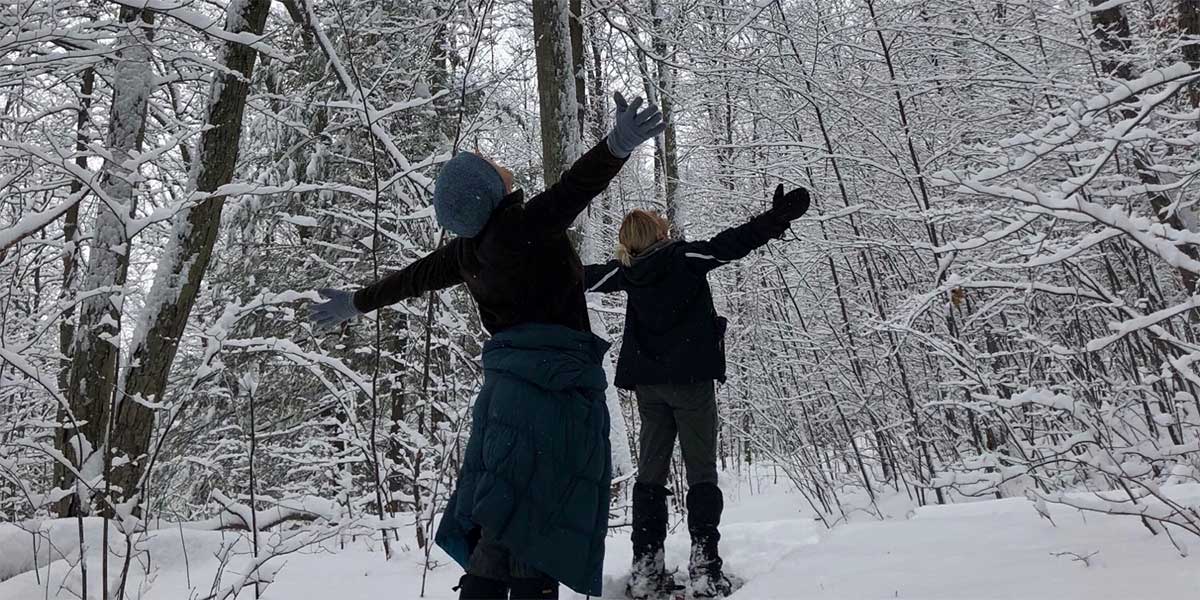Cultivating self-compassion is an essential aspect of addiction recovery but it takes time, dedication, and hope.
Peace and sobriety through acceptance is the mantra for my recovery. Acceptance has been a core part of my being throughout my life’s journey. I’m proud to be sober and serene as we celebrate Pride Month 2023.
My story is one of overachievement; overachievement to compensate for my inability to self-validate and to love myself. A lack of self-worth. In my journey, I have learned my story is common like so many friends I have met who are also in recovery. I learned early in life that a hard work ethic, studying and getting good grades, and being a top performer in sports (track & field), would bring me accolades and, at least in my mind, prove my worthiness.
Growing up I had the best family, a life filled with unconditional love demonstrated by my dad and mom, my siblings, and our very large extended family. Any trauma in my early life is not nearly as overtly obvious, and seems different from, traumas some of my closest friends in recovery experienced in their life such as child abuse or other major trauma. Coming out as a young gay man my senior year of high school was traumatic, although almost all self-induced as my family supported me with continued unconditional love. My first acceptance was accepting the fact that I was a gay man, and that I had to be true to myself and live an out and open life.
My specific early childhood traumas are not so important, other than to note they led to my overachieving mindset. Achievement to the point of exhaustion. My overachievement has motivated me to my most amazing accomplishments, successes, happiness, and joy. At the same time, it has been my greatest vulnerability and weakness. Driving myself to exhaustion, taking on more than any one person should at work or home, led to me drinking for escape. My first addiction was to achievement. Over many years, and a few other traumatic events, this led to my second addiction (alcohol) and alcohol use disorder.
Today I am in recovery. My sobriety is based on peace through acceptance. I had to accept the fact, in my heart and soul, that I now have an alcohol addiction. To treat this health condition, I attended Mountainside residential program and intensive outpatient (IOP). Today, I continue with a recovery coach who I connect with almost daily, as well as weekly outpatient group sessions, and individual therapy.
I am feeling very good. I am on a journey to refresh my mind, body, and spirit, as well as improve my fitness and health. For me, daily meditation practice is essential to my sobriety and peace of mind. My morning starts with a guided meditation and coffee, and my kitty cat usually joins me. Next, I do a 10-minute moving and breathing meditation, Qigong, which I learned while I was inside the Mountainside residential program. Then I shave, shower, and get on with my day.
A key part of my spirituality is reconnecting with nature and being outdoors. Twenty-five years into my living in NYC, I realize how disconnected I had become from nature. Getting outdoors every day and exercising regularly keeps me mentally sharp and rejuvenated. I picked up hiking during the residential program and continue to do that whenever possible. For me being in nature teaches me – guides me – into living each moment in the present moment. What animals, flowers, and skies above do I see? What do I hear, smell, and how do I feel? These tricks I use on my hikes to keep me focused and not distracted about my next meeting or deadline. I am present, in nature, at that moment, and not worrying about the future or the past.
For my sobriety and serenity, I also rely on a strong sober support network of peers also in recovery as well as medication to reduce cravings. I had to accept only powers greater than myself could help keep me sober. Hearing other people’s stories, struggles, and successes, and attending meetings (Recovery Dharma) are key components to keeping me serene and providing a safe space to share my own daily story.
I understand, realize, and accept that taking care of Marc, and taking care of myself daily – through meditation, mindfulness, relaxation, and time for enjoyment, exercise, and self-care – is essential in keeping me sober, healthy, and happy. I must practice my relaxation and coping skills, breathing exercises, and mindfulness practices in my daily routine, as well as “in the moment” when having a stressful day or stressful event. These are all key parts of my path of recovery and health.
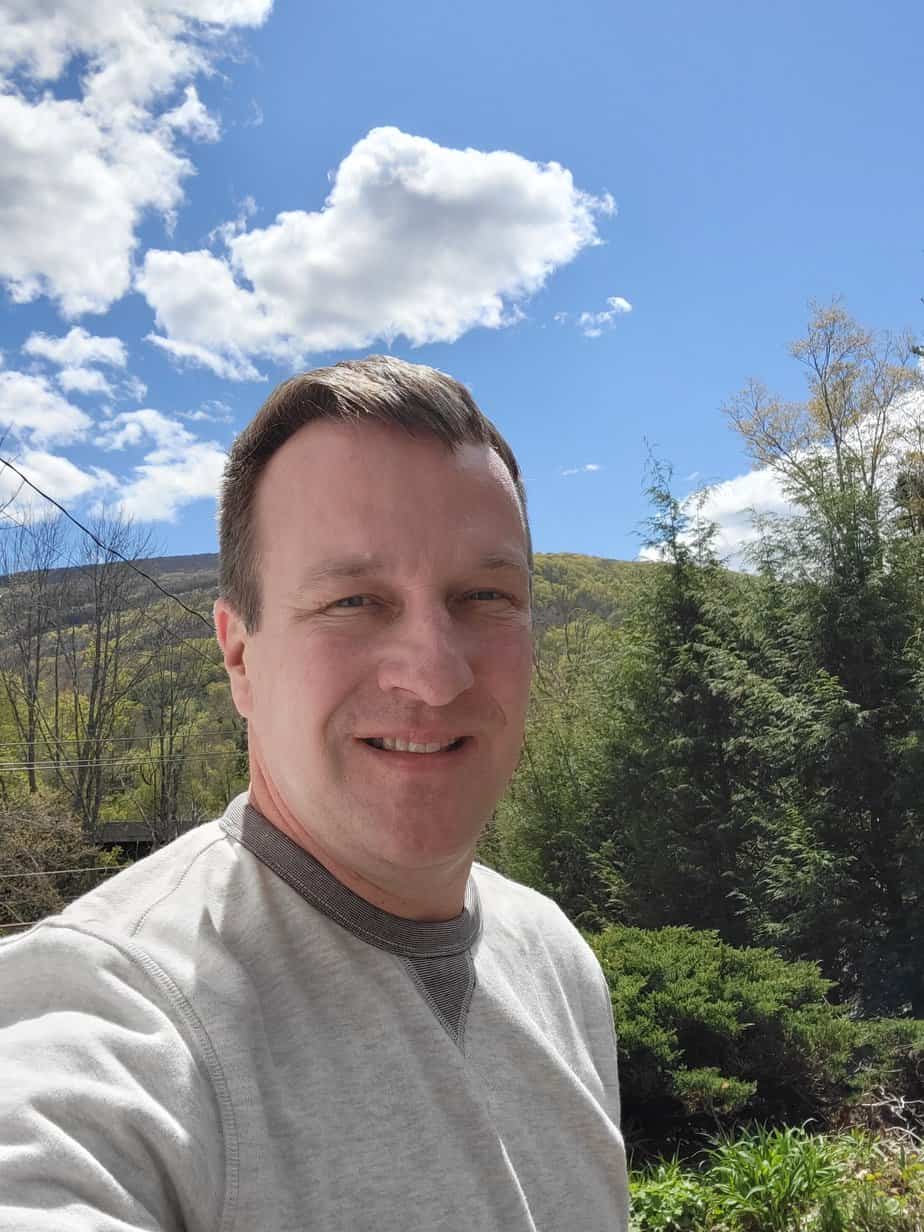
Mountainside hosted a pizza party prior to the Friday night AA meeting where alumni could socialize and enjoy being together before heading to the meeting. Check out this event and others!
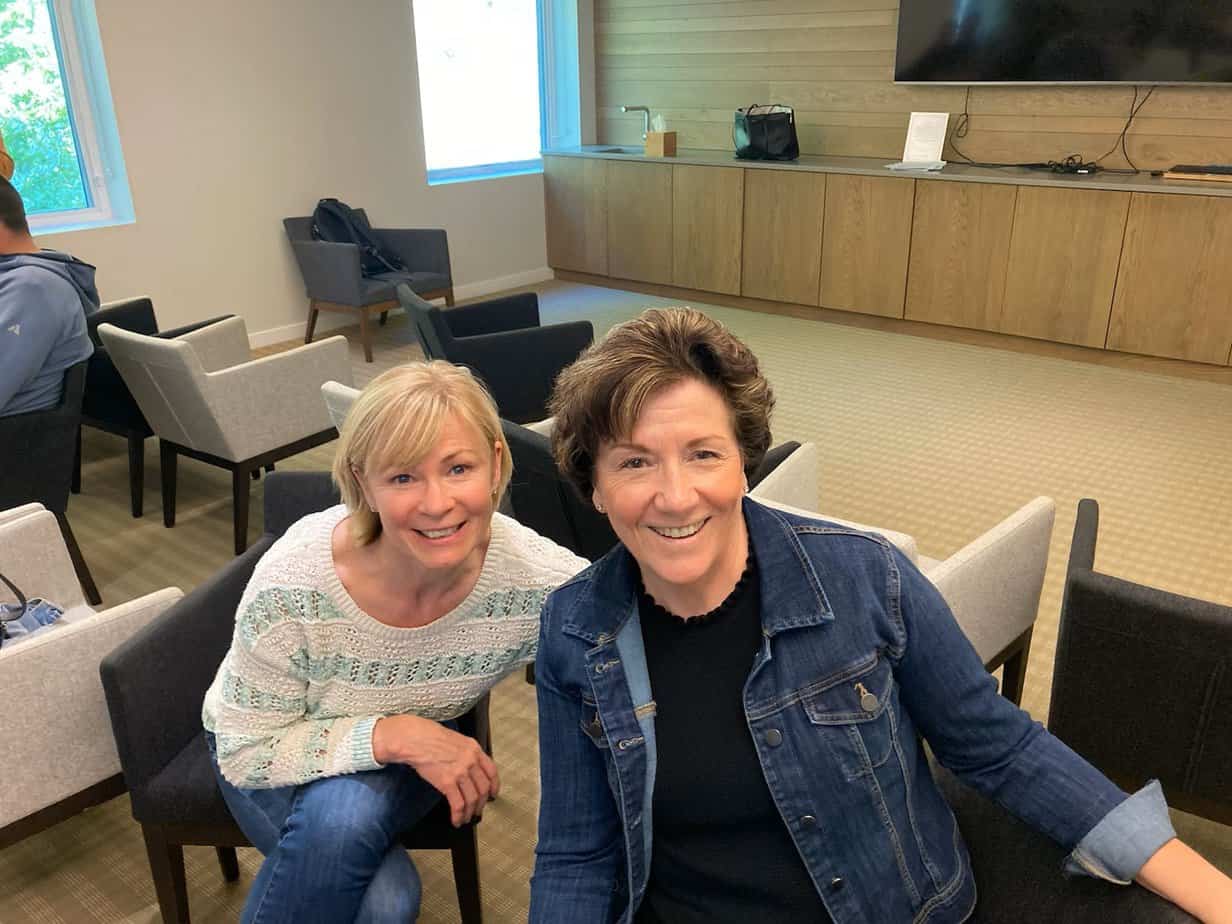
With summer right around the corner, we asked our online community to share what they like to eat at BBQ’s and picnic’s. Check out the responses and add your own!
I’m Alex, and I’m a (deep breath) queer, non-binary, alcoholic/addict in long-term recovery (just to name a few labels). I’m a Recovery Coach at Mountainside. My pronouns are they/them. And throughout my recovery, I’ve discovered new parts of who I truly am. Maintaining my sobriety and being able to come out of the closet has taught me how to fully accept myself.
Growing Up Non-Binary
My childhood self knew who they were but repressed it. Growing up and wanting to “fit in” meant letting go of the true Alex. I recall my mother saying it was time to try longer hair; well-intentioned, but still a rejecting the expression of my true self.
Even with long hair, society can be cruel if you don’t fit the binary mold. With my ponytail in full effect, I still could hear other kids say, “What is that? A boy or a girl?” or being told in a women’s restroom, “You don’t belong in here.” Long hair, full chest, can’t win. So you hide.
The illusion that drugs or alcohol make you feel better is potent—for the exorbitant price of your health and relationships, you too can temporarily forego feeling a certain way! The LGBTQIA+ community is rife with people who have to hide, so it’s no wonder that at least 30% of the community struggles with substance use.
Using Alcohol and Drugs to Cope
For many years, I grappled with various substances to cope with all sorts of feelings—many of which stemmed from being afraid to be myself. Luckily, my friends and family stuck with me and gave me the gift of an intervention.
I knew I needed help, but I was simultaneously too proud and too ashamed and did not know how to ask for it. But that fateful August afternoon was the beginning of my return to life; several of my closest friends joined by my mother expressed their deep concern for my welfare.
Seeing Change During Sobriety
After five weeks of treatment, I came back with a determined resolve—I made my recovery my biggest priority and knew I couldn’t go back to the way things were. I opened up not just by sharing about my past but by coming to terms with the possibility that I didn’t know everything.
I began looking at other career paths I could take. I needed an environmental change, so I purged my apartment. I chopped off my long mane of hair. It was a revelation. For the first time in my life, I looked like me.
Coming Out of the Closet
Coming out as LGBTQIA+ can be scary while also feeling like pure liberation. The same can be said for coming out as sober. The moment I started to be honest with everyone around me, a weight lifted. Once you’re living as your true self with the mental clarity that only recovery brings, it is very hard to return to your previous state.
I’m proud of who I am, and two of the biggest parts of me are my sobriety and my identity. Recovery doesn’t have to be an identity, just like being gay or queer or trans doesn’t have to be the one defining part of you. It is, however, a part of you that will flourish when you let the light shine on it.
Being Open About Recovery
When you come out of the closet, you don’t want to go back into it, and I think being open about recovery has the same level of honesty, self-reflection, and transparency. I am very outspoken about my sobriety. I don’t have a problem talking to people about it. I feel empowered, and I want to tell people about it.
Being able to say, “I’m queer,” “I’m gay,” “I’m a lesbian,” “I’m trans” out loud is powerful. Being open about recovery is similar. You don’t necessarily have to tell everybody about your journey to sobriety, but also be confident in saying, “I don’t drink” or “I don’t use, and it’s great because I had a terrible time when I did!” When you hold those things in, it can be really toxic.
Embracing Your Authentic Self
Recovery enables you to accept your authenticity. It allows you to explore who you really are and what your values are and start tapping into that. And that’s difficult because you will lose people in your life because of it, but then you find new people who align with your new values and make you a happier person. That’s not to say that you now hate those people who are no longer in your life; it just means that the life you want doesn’t line up with their traits.
I think being in recovery and having the clarity that comes with sobriety and working on yourself and feeling better about yourself—that’s the best way to become authentic to yourself.
Recovery in the LGBTQ+ Community
Recovery is hard. There’s no question. That being said, it is so, SO worth it, and you can do it.
Recovery looks different for everyone—rehab, AA, counseling. No matter what your path is, you can find support through your loved ones, community groups, drug rehab centers, and so much more. There’s the Lesbian, Gay, Bisexual & Transgender Community Center, Callen-Lorde, and other organizations that are there to help.
I’ll take this moment to plug Mountainside’s weekly LGBTQ support group, which is free and not AA-based. It’s not based on any modality. It’s not SMART Recovery or Refuge Recovery—it’s not any of those things. It’s simply for those who just want to talk and get support for being a queer person who is either already in their recovery or trying to get there.

If you or a loved one is struggling with addiction, Mountainside can help.
Click here or call (888) 833-4676 to speak with one of our addiction treatment experts.

 By
By 

